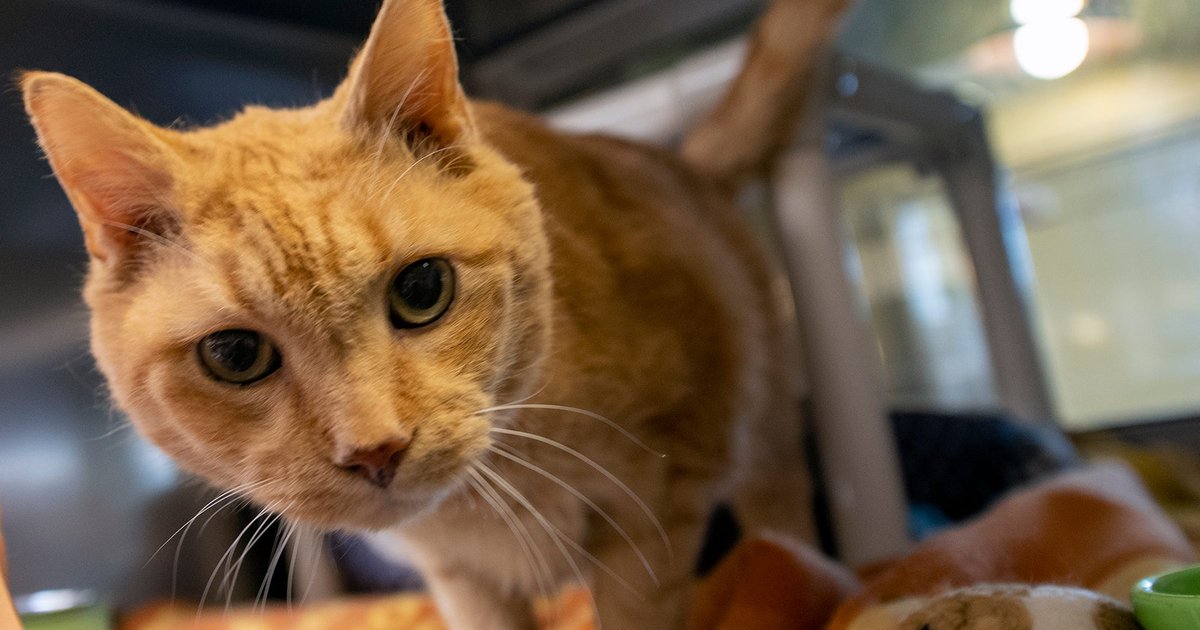Pennsylvania lawmakers are considering proposals to crack down on cruelty to animals in the commonwealth.
The House Judiciary Committee moved a package of legislation Wednesday that includes proposals to enhance penalties and investigative resources for animal cruelty cases as well as tightening rules for elective procedures.
SIGN UP HERE to get PhillyVoice’s free newsletters delivered to your inbox
House Bill 1716 would prohibit declawing cats unless medically necessary. It also would require veterinarians to document the condition warranting the procedure by filing paperwork – including animal identification information and supporting lab work – with local animal control authorities. Republicans voted against this measure due to concerns it could “criminalize the veterinary medicine practices act,” according to Rep. Rob Kauffman (R-Franklin).
Declawing bans already are on the books in a handful of other states including New York as well as some municipalities in the commonwealth including Pittsburgh and Allentown.
The other five bills passed out of committee with bipartisan support and an opposing vote from state Rep. Stephanie Borowicz (R-Union/Clinton).
One would criminalize ear cropping – a procedure where dogs’ ears are basically trimmed so they don’t flop over – unless performed by a licensed veterinarian (the American Veterinary Association opposes ear cropping unless it’s medically necessary, such as to prevent infection).
Another measure would establish mandatory reporting of aggravated animal cruelty to law enforcement by advocacy organizations like the Society for the Prevention of Cruelty to Animals (SPCA) as well as veterinarians, assistants and veterinary techs.
State law defines aggravated animal cruelty as torturing, killing or seriously harming an animal through intentional neglect or cruelty.
“We really have a duty, I believe, to protect the most vulnerable. And, in my view, that’s always our children and our animals,” said prime sponsor Rep. Christina Sappey (D-Chester).
House Bill 1932 would overhaul the commonwealth’s approach to sexual abuse of animals. Currently a misdemeanor, the offense would be elevated to a third-degree felony the first time and second degree for subsequent violations. The bill also calls for a five-year ban on perpetrators owning, living, working or volunteering with animals.
Republican Rep. Kate Klunk is co-sponsoring the legislation after what she described as “a school bus of horrors arrived” in Adams County adjacent to her district in York County last year.
Ultimately, authorities rescued more than 30 animals – including birds, three German shepherds, a bull and a horse – and filed more than 200 counts of animal cruelty and neglect charges against Shawn Hirschbine and Deanna Huff. The Georgia couple had a history of animal cruelty spanning multiple states prior to their bus breaking down in Oxford Township – which led to officials discovering the bus, its “deplorable” conditions, severely neglected animals and video footage of Hirschbine having intercourse with them.
Huff is now incarcerated in Adams County for between six and 23 months, a sentence reduced in exchange for testifying against Hirschbine – eventually. He has to get through a criminal trial in West Virginia over showing obscene content to a child before the Pennsylvania case can proceed, according to the Hanover Evening Sun.
Several animals have since been euthanized or died of malnutrition. Others have recovered and been adopted, per the Evening Sun.
“It really, truly shocks the public conscious and has really exposed some of our gaps in our criminal statutes,” Klunk said Wednesday.
House Bill 1930 would enhance penalties for repeat offenders charged with aggravated cruelty to animals. Currently, the crime is a third-degree felony punishable by as many as seven years in prison. This legislation would elevate second and subsequent offenses to second-degree felonies, making the maximum sentence 10 years.
“There are times when horrific crimes call for penalties that fit,” said Rep. Melissa Shusterman (D-Chester), a cosponsor of the measure that she called “a necessary and rational deterrent.”
The sixth bill sets out a process for the state attorney general’s office to join district attorneys, at their discretion, in investigating felony animal cruelty cases.
Borowicz’s office didn’t respond to requests for details about her concerns with the proposals.
Pennsylvania Capital-Star is part of States Newsroom, a nonprofit news network supported by grants and a coalition of donors as a 501c(3) public charity. Pennsylvania Capital-Star maintains editorial independence. Contact Editor Tim Lambert for questions: info@penncapital-star.com.

